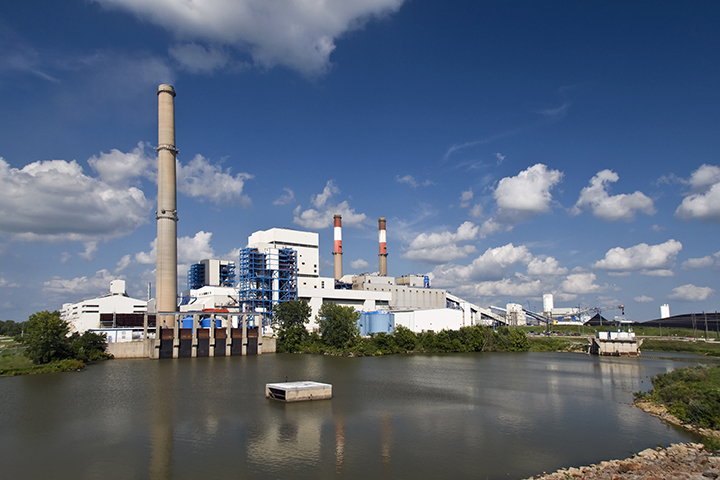
Findings in a new study from the Massachusetts Institute of Technology about decarbonization of the electric industry are raising concerns for one electric cooperative leader about the reliability of the nation’s electricity supply.
“We are alarmed by a rush to renewables without technologies available today to ensure reliable power at affordable prices,” said David Tudor, CEO and general manager of Associated Electric Cooperative Inc., a generation and transmission cooperative headquartered in Springfield, Missouri.
“First, generation and storage technologies do not exist today to responsibly decarbonize our country 50% by 2030 and 100% by 2035. Second, the transmission system in our country will need costly and time-consuming upgrades that face significant obstacles in that timeframe.
“Our mission is to provide an affordable and reliable energy supply; that’s what our member-owners want and expect,” Tudor added. “The people who depend on electricity at the end of the line shouldn’t be forgotten as policymakers debate the impacts of these current proposals. Paying higher bills for unreliable electricity is not an outcome that benefits them or anyone else.”
The study, “Challenges and Opportunities for Decarbonizing Power Systems in the U.S. Midcontinent,” was published this month by MIT’s Center for Energy and Environmental Policy Research.
The report, which looks at transmission capacity, dispatchable generation and electricity use across 18 regions in the Midwest, comes as the Biden administration has committed to decarbonizing the nation’s power system by 2035.
“This ambitious goal will require an accelerated substitution of fossil fuel with renewable generation over the next decade,” the report states.
The study details challenges associated with early retirement of coal and natural gas generation; the impact of various renewable energy standards; and the costs and deployment rates for new and emerging renewable and energy storage technologies, among other developments.
“Our results suggest that by 2030, based on widely used price forecasts, demand projections and planned electricity resources, gas- and coal-based technologies still prevail in the system,” the report notes. However, “coal and fuel oil are expected to be displaced by wind and solar as long as decarbonization is stimulated through further policies. [Natural] gas resources are still needed to help accommodate the significant amount of renewable generation.”
More aggressive carbon policy is needed to reach the administration’s goals, which will require significant capital costs and, ultimately, agreement by a fragmented Congress.
“Policymakers need to choose among policies with an eye to these costs, and address who should pay them—taking into consideration, for example, the impact on low-income households, on industrial competitiveness, among other things,” according to the report.
AECI supplies electricity to six transmission and 51 distribution co-ops, serving 2.1 million consumer-members in Missouri, Iowa and Oklahoma. It uses a diversified portfolio of electric generation resources to meet demand, and AECI increasingly is concerned about pressures to limit or eliminate fossil fuels from that mix. “We cannot sacrifice reliable electric supply or affordable rates,” Tudor said.
He cautioned that the technical means to use renewables to meet 100% of energy demand for the studied area does not exist, and achieving that goal affordably is unlikely for several reasons. Tudor cites the pace of technology development; the current and projected condition and deployment of transmission assets; and the timeframe outlined in public policy initiatives among the disruptive impacts of rapid decarbonization.
“Development that maintains reliable and affordable energy and the ability to move large volumes of renewable energy via transmission system investments will take significant time,” said Tudor.
Derrill Holly is a staff writer for NRECA.